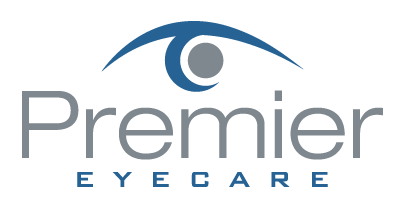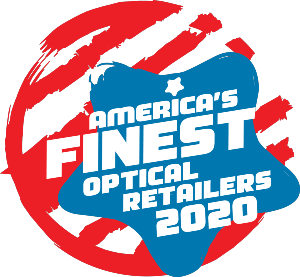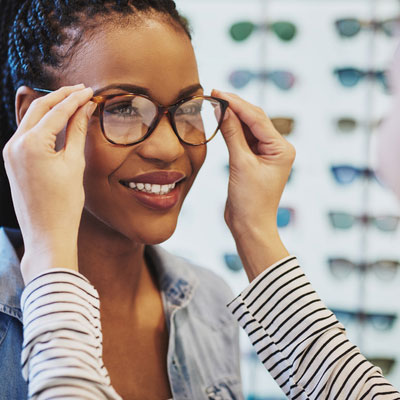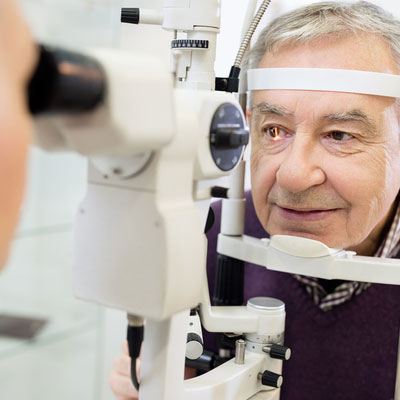With summer behind us, a lot of people find themselves using their sunglasses less. But did you know that year-long sun protection is vital for your eye health? Not only do sunglasses keep your eyes and vision comfortable outdoors, but they help protect against the damage that ultraviolet rays cause.
Let’s review UV rays. There are 3 types: A, B, and C. UV-C is absorbed by the ozone layer and is not a threat to health, but UV-A and UV-B can cause side effects after prolonged exposure--say over the course of your lifetime.
Starting from the front of the eye, UV radiation can cause photokeratitis, or temporary flash burns, if you are exposed to a large amount of rays over a short period of time. This is like a sunburn to the eye, and causes the ocular surface to be red and painful. Welders can experience this when they forget their protective eye shield, or people outdoors in the snow (“snow blindness”). The eyelids are another place commonly damaged by UV light. You can develop skin cancers, like basal cell carcinoma, squamous cell carcinoma, and melanoma on the eyelids. Wider sunglasses frames help protect the eyelids and surrounding skin. Tissue growths can occur on the white parts of the eyes (the conjunctiva) with long-term UV damage. These are fleshy colored or yellow-white bumps usually on the edge of the iris; they are called pinguecula or pterygia. Sight-threatening conditions like cataracts and macular degeneration are also a risk after long-term UV exposure. Your optometrist can detect all of these problems and more at your comprehensive eye exam.
There are certain types of sunglasses that work better at blocking UV rays. You want to make sure that your sunglasses block 99-100% of both UV-A and UV-B radiation and screen out 75-90% of visible light. A licensed optician can even help you find lenses that are even in color, free of distortion, and can help with better color recognition. Did you know that gray sunglass lenses provide the best color vision? There are so many brands of sunglasses, and many of them are tailored toward different outdoor hobbies or work; opticians can tell you what would be your perfect match. Also, if you are outdoors for sports or work that could be eye-hazardous (potential of getting debris in the eyes), you may want more impact-resistant lenses like polycarbonate or Trivex. For all kids, we recommend these types of materials to safely match their active (and maybe a little accident-prone) lifestyles.
So, although it may be time to put away the swimsuits and pool gear, hang onto those sunglasses. Let them keep your eyes safe, healthy, and happy year-round.
Dr. Mary N. Chase
Premier Eyecare, Knoxville TN












